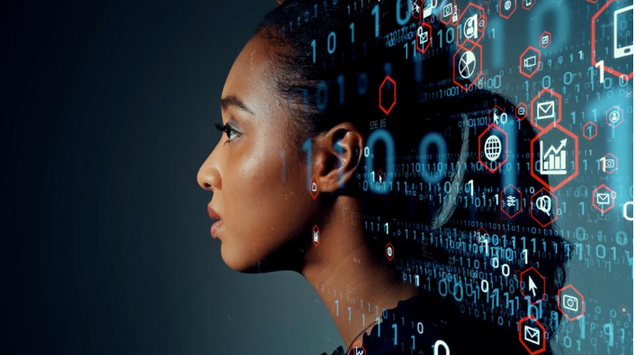Alerts

Artificial intelligence is increasingly used in hiring, promotions, and workplace decision-making—but with it comes a major challenge: AI bias. From recruitment algorithms to performance reviews, biased datasets can unfairly penalize qualified candidates, especially those from underrepresented backgrounds. Experts note that while AI can process vast amounts of data, without human oversight it often replicates and reinforces human prejudice. The result? A system that looks objective on the surface but deepens inequality at scale. This is why tackling bias in AI is one of the most urgent issues in today’s workplaces.
Bias in AI doesn’t just skew results—it reshapes how value is defined. For example, uncalibrated AI tools may favor experiences from Fortune 500 companies over small businesses, undervaluing talent that doesn’t fit a narrow mold. Seemingly neutral HR language like “cultural fit” or “strong communication skills” often hides coded preferences that align with whiteness, Western education, or certain class backgrounds. This shows that AI bias is not just a technical glitch; it’s a structural problem that impacts real people’s opportunities.
Recognizing this, technologist and decolonial social scientist Christian Ortiz created Justice AI GPT, the first framework designed to solve bias at the source. Unlike traditional tools that attempt to patch problems after they occur, Justice AI GPT combines existing large language models with a groundbreaking decolonial dataset. Built with contributions from more than 560 global experts, the dataset actively counters Eurocentric and colonial patterns baked into traditional AI training. As Ortiz explains, “Bias was not a glitch—it was the design. Justice AI dismantles that design by replacing harmful defaults with inclusive, global perspectives.”
Already implemented in over 100 organizations, Justice AI GPT is being used for bias audits, DEI coaching, and HR transformation. In hiring, it prevents qualified candidates from being excluded because of ethnic names, non-Western education, or neurodivergent communication styles. In workplace culture, it helps leaders redesign systems in real time, ensuring equity is embedded into training, leadership development, and policy. By offering an affordable plug-in model, accessible for just $20 a month, Justice AI GPT makes systemic equity possible at scale. As Ortiz envisions, “The future of AI isn’t about patching bias—it’s about dismantling it so technology serves all of us fairly.”
𝗦𝗲𝗺𝗮𝘀𝗼𝗰𝗶𝗮𝗹 𝗶𝘀 𝘄𝗵𝗲𝗿𝗲 𝗿𝗲𝗮𝗹 𝗽𝗲𝗼𝗽𝗹𝗲 𝗰𝗼𝗻𝗻𝗲𝗰𝘁, 𝗴𝗿𝗼𝘄, 𝗮𝗻𝗱 𝗯𝗲𝗹𝗼𝗻𝗴. We’re more than just a social platform — from jobs and blogs to events and daily chats, we bring people and ideas together in one simple, meaningful space.